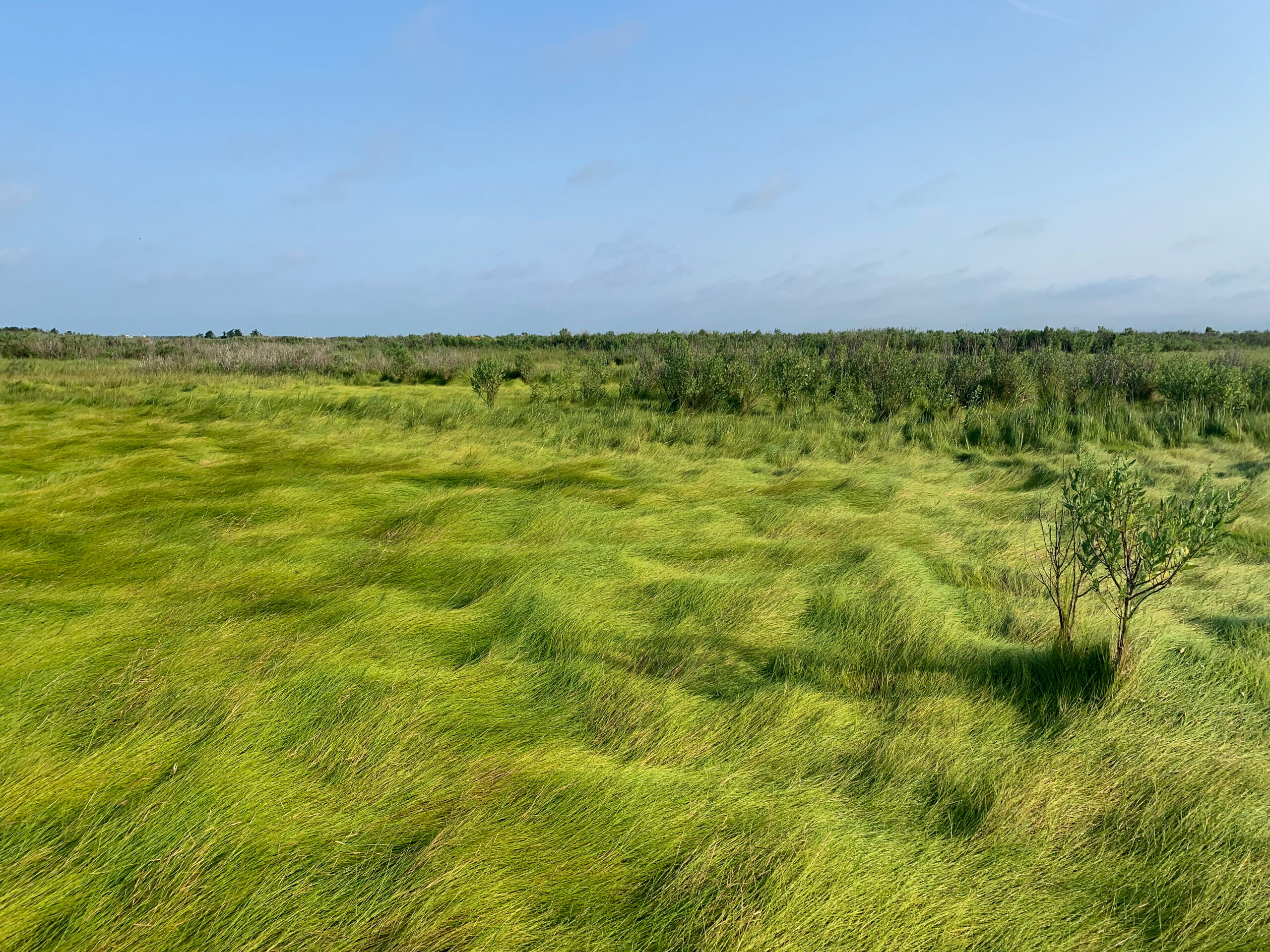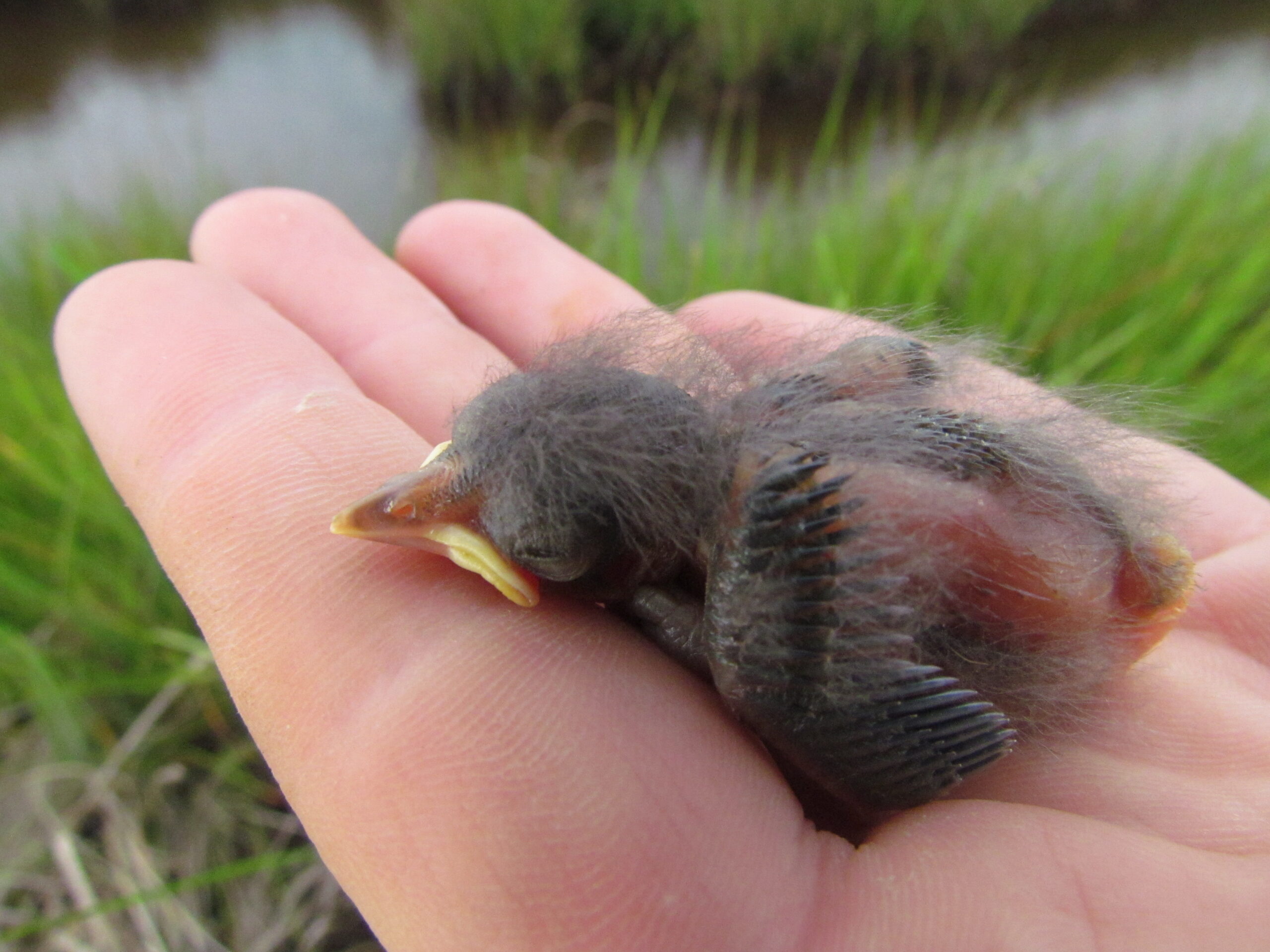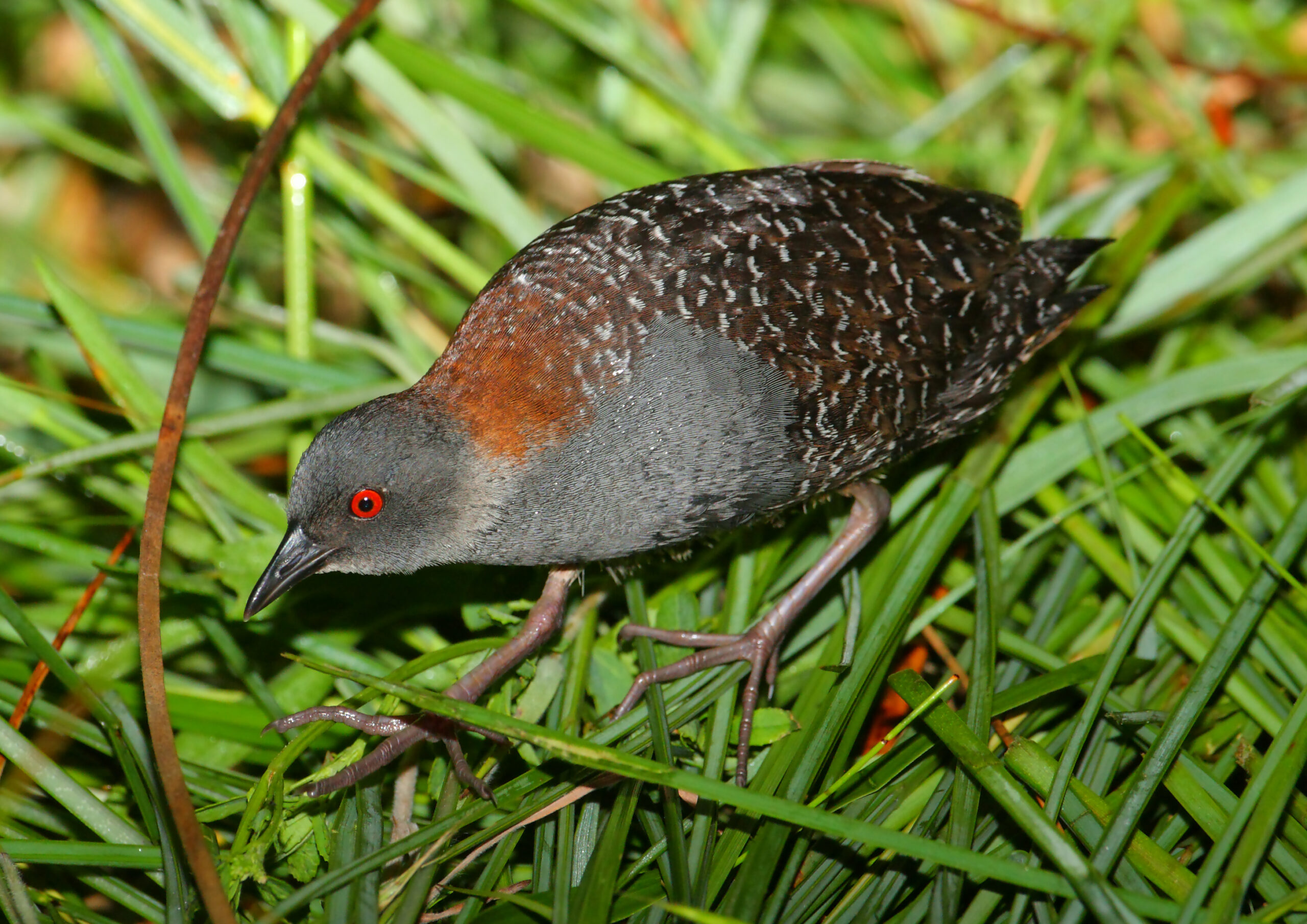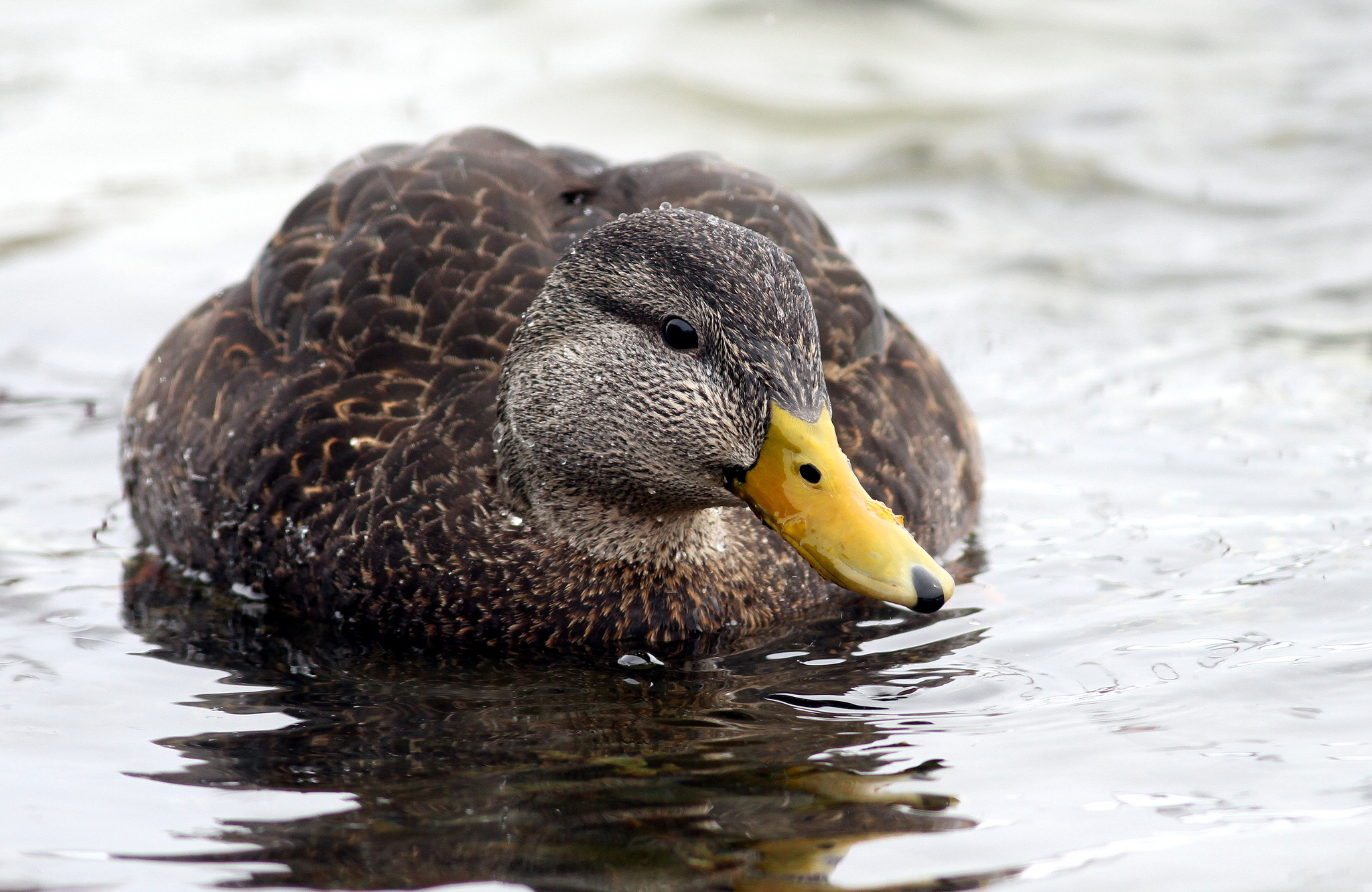From the Coordinator
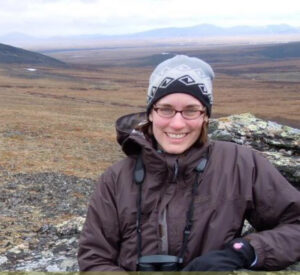
ACJV Coordinator, Aimee Weldon
The last year has been full of challenges for everyone, both personally and professionally. We have had to learn new ways to teach our children, buy groceries, and plan a meeting. While we have all had low days, it’s the high days and our many incredible accomplishments that help restore faith in each other and the importance of the work we do.
The work of the Atlantic Coast Joint Venture this past year is a great example of this. Since the ACJV adopted our flagship focus five years ago, a tremendous amount has been done to advance conservation of our three flagships species – Black Duck, Black Rail and Saltmarsh Sparrow. What has defined the last year and half has been the development and completion of plans – first the Salt Marsh Bird Conservation followed closely by the Black Rail and Saltmarsh Sparrow plans and now, the development of the American Black Duck Plan expected later this year. Each plan contains state by state population and habitat objectives and thoughtfully designed strategies to get us to these objectives as quickly as possible. These plans are roadmaps to success and represent a tremendous amount of time, wisdom, and expertise from scores of valued partners across the Atlantic Coast.
We believe strongly that plans should never sit on a shelf and we have been working hard to ensure these plans are operational to as many partners as possible. Species based Working Groups have developed prioritization tools to support the plan objectives and help managers focus conservation attention in places that are most likely to yield strong conservation benefits. Where necessary, we are forming groups to help address major barriers, such as permitting challenges, that are holding restoration back. And, whenever possible, we are working with partners to secure funds to support the priority work that our partners are undertaking.
Already, this collective work is leading to significant new funding to support priority management practices and science needs outlined in the plans in nearly every Atlantic Coast state. New regional leadership groups have formed to carry the work forward on a higher level and partner collectives are actively leading state and regional groups focused on driving coastal marsh conservation efforts forward. You can read about all of this and more in this 2020 Annual Report. Although the year 2020 was a challenging one, it hasn’t stopped the momentum of this incredible partnership and we are going full steam ahead into 2021. A huge thank you to the hundreds of partners who are making all of this work possible!
Aimee
Accomplishments in 2020
Funding
Several grant programs have helped the ACJV and our partners conserve land, implement restoration projects, and test promising management actions outlined in our conservations plans. Read more about all of our funding success stories.
Saltmarsh Sparrow
The ACJV staff and partners have been hard at work this year to halt the steep population decline of Saltmarsh Sparrow and recover their population to 25,000 birds. From a new plan, to new tools, to new partnerships we are working diligently to restore and enhance existing salt marsh patches to provide high-quality nesting habitat on at least 84,000 acres of salt marsh. Additionally we are aiming to protect adjacent, inland areas that buffer existing salt marsh patches and provide corridors to allow marsh migration in the future, as sea level rises. Read all about the efforts to conserve the Saltmarsh Sparrow.
Black Rail
The ACJV staff and partners are working quickly to restore degraded wetlands and/or develop managed or created wetlands with suitable conditions to achieve population objectives for the Eastern Black Rail. This year we developed the first ever comprehensive plan to conserve this species, have formed several working groups to address Black Rail needs, and have secured funding for several land protection projects. Read all about our efforts to conserve the Black Rail.
American Black Duck
The ACJV staff and partners are in the early stages of American Black Duck conservation planning efforts. While the plan is being developed, partners have developed a tool to understand Black Duck wetland habitat requirements during the non-breeding period and we wrapped up a two-year outreach project effort on the Eastern Shore of Maryland. Read more about our efforts to conserve American Black Duck.

